Singapore's latest Money Laundering National Risk Assessment highlights digital payment tokens as a high-risk category in the financial sector, underscoring significant AML vulnerabilities and the need for stringent oversight.
Singapore's Updated MLNRA Report Highlights Digital Payment Token Providers as Significant AML Risks
In a recent report by Cointelegraph, Singapore has identified digital payment token service providers, also known as virtual asset service providers, as a high-risk category within the financial sector.
The updated Money Laundering National Risk Assessment (MLNRA) of Singapore has underscored the substantial risks and vulnerabilities that digital payment token (DPT) service providers present in the Anti-Money Laundering (AML) landscape.
The comprehensive 126-page report identifies new risk sectors not included in the previous report, published in 2014. These consist of precious stone and metal vendors and DPT service providers.
The banking sector encompasses wealth management and is recognized as the most significant source of money laundering hazards. Banks are more vulnerable to criminal exploitation because they facilitate high-volume transactions and provide services to high-risk consumers.
DPT service providers, also called virtual asset service providers, are a high-risk category within the financial sector. The MLNRA emphasizes a rise in reported money laundering cases involving DPTs and various exploitation methods.
Singapore Intensifies Monitoring of High-Risk Sectors Amid Rising AML Threats
The authorities closely monitor the associated risks despite Singapore's relatively minor portion of global DPT activities. Payment institutions that provide cross-border money transfer services and external asset administrators are among the other high-risk financial industry sectors.
Singapore's risk assessment report stated that its primary money laundering threats were organized crime, corruption, tax offenses, trade-based money laundering, and cyber-enabled fraud.
Money laundering methods commonly employed in Singapore include concealing illicit funds in bank accounts, using fictitious entities, and investing in valuable assets such as real estate or precious metals.
The MLNRA report integrates feedback from private sector entities and foreign authorities and insights from Singapore's supervisory and law enforcement agencies, including the Financial Intelligence Unit.
Singapore's Financial Openness Increases Money Laundering Risks, Prompts Regulatory Expansion on Digital Payment Tokens
Singapore's economic openness and status as an international financial center make it susceptible to money laundering risks. Criminals exploit the country's financial and business infrastructure to launder or transfer illicit funds.
Furthermore, the report indicates that converting illicit funds into assets such as real estate, digital payment currencies, or precious metals presents substantial risks.
In April, the Monetary Authority of Singapore declared it would amend the Payment Services Act to broaden the scope of regulated services associated with digital payment token service providers.
Photo: Microsoft Bing








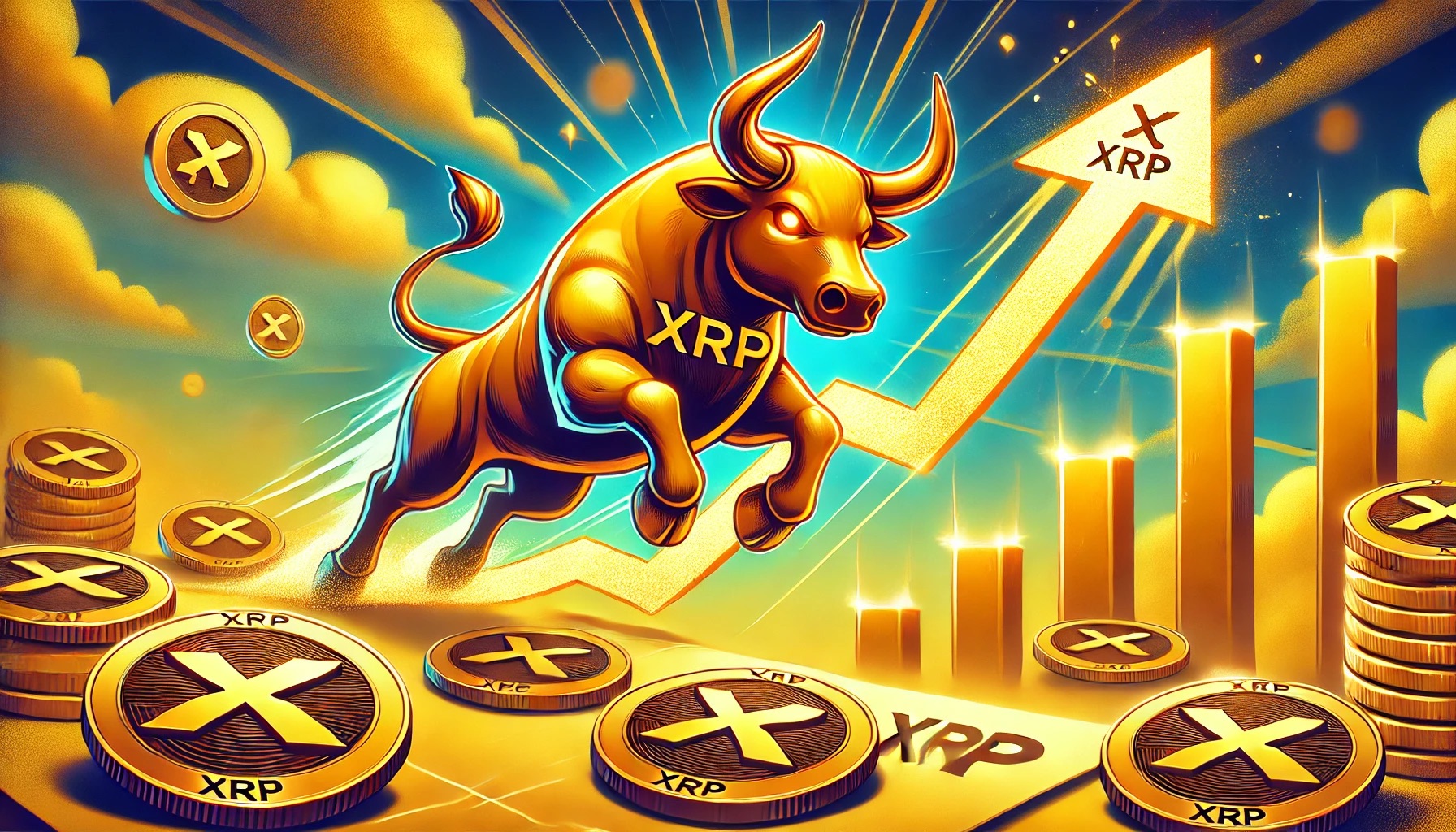


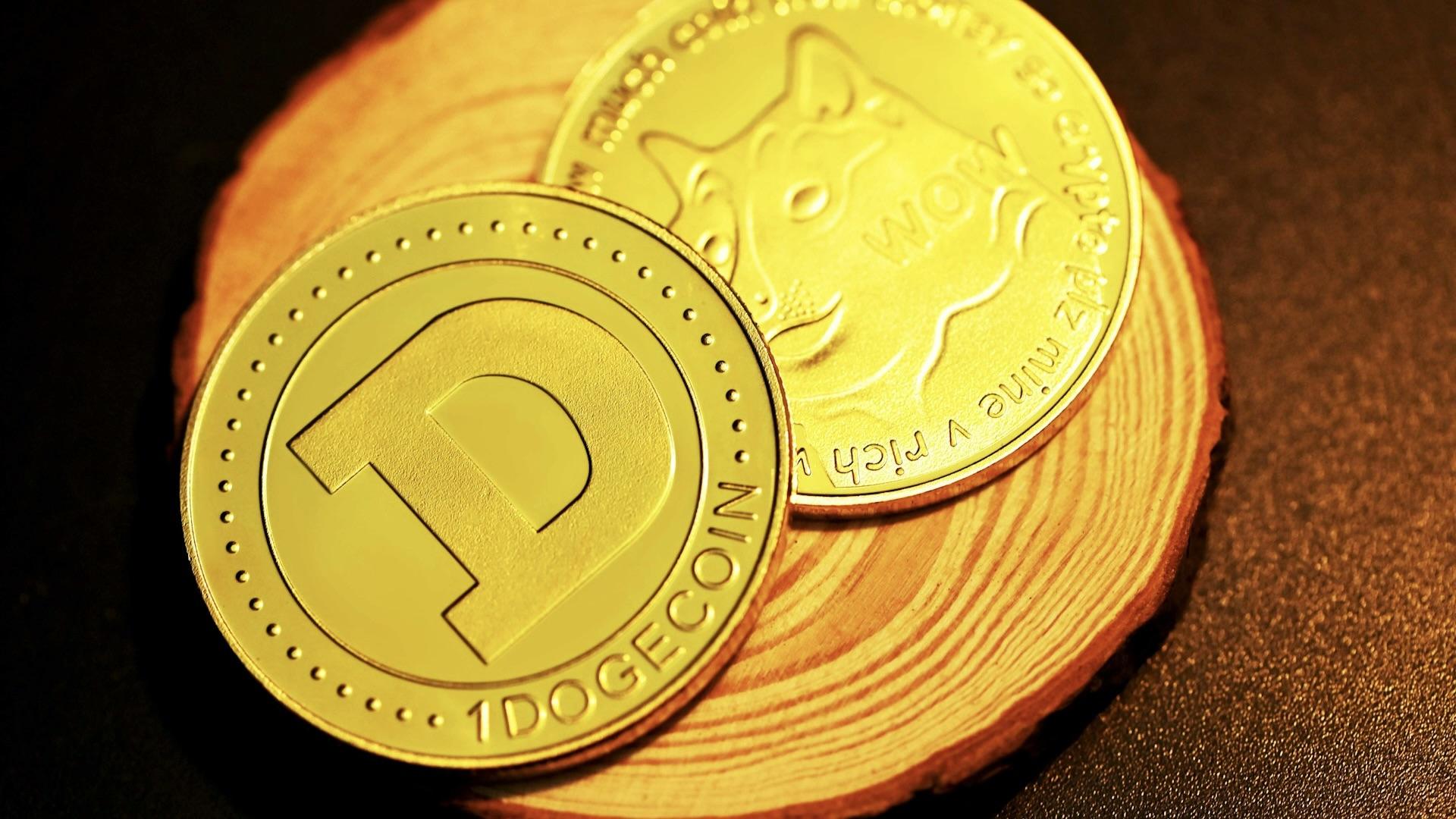

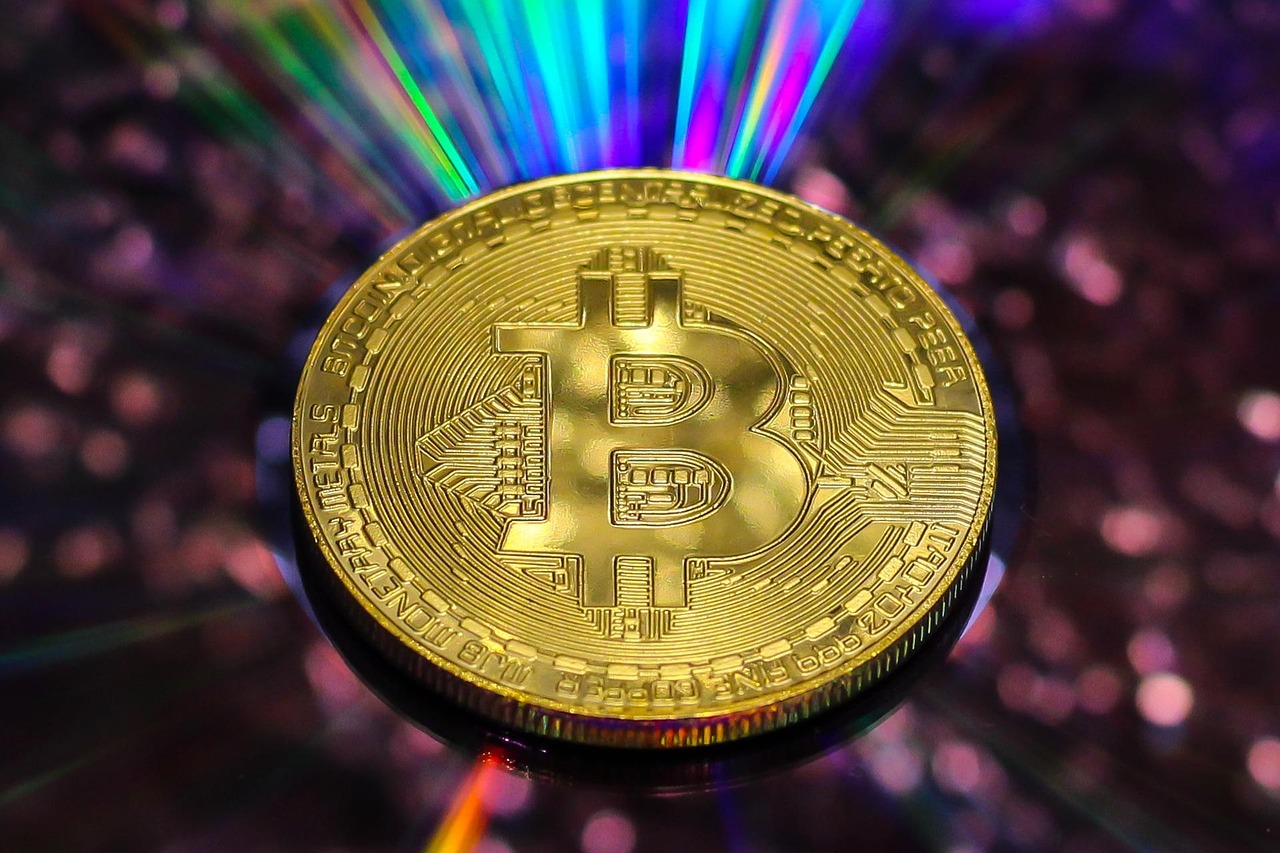
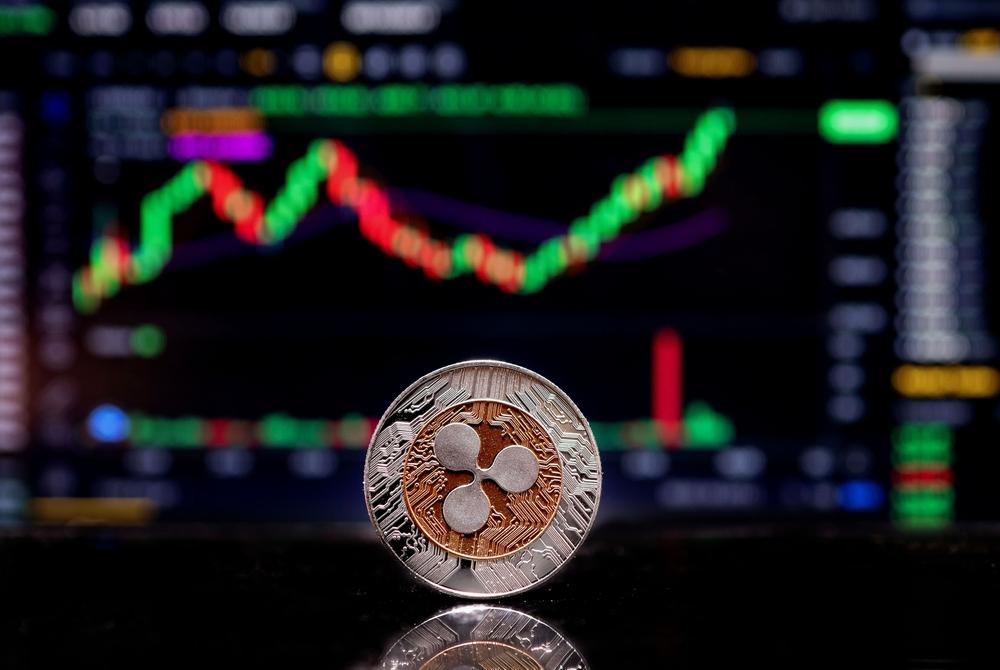
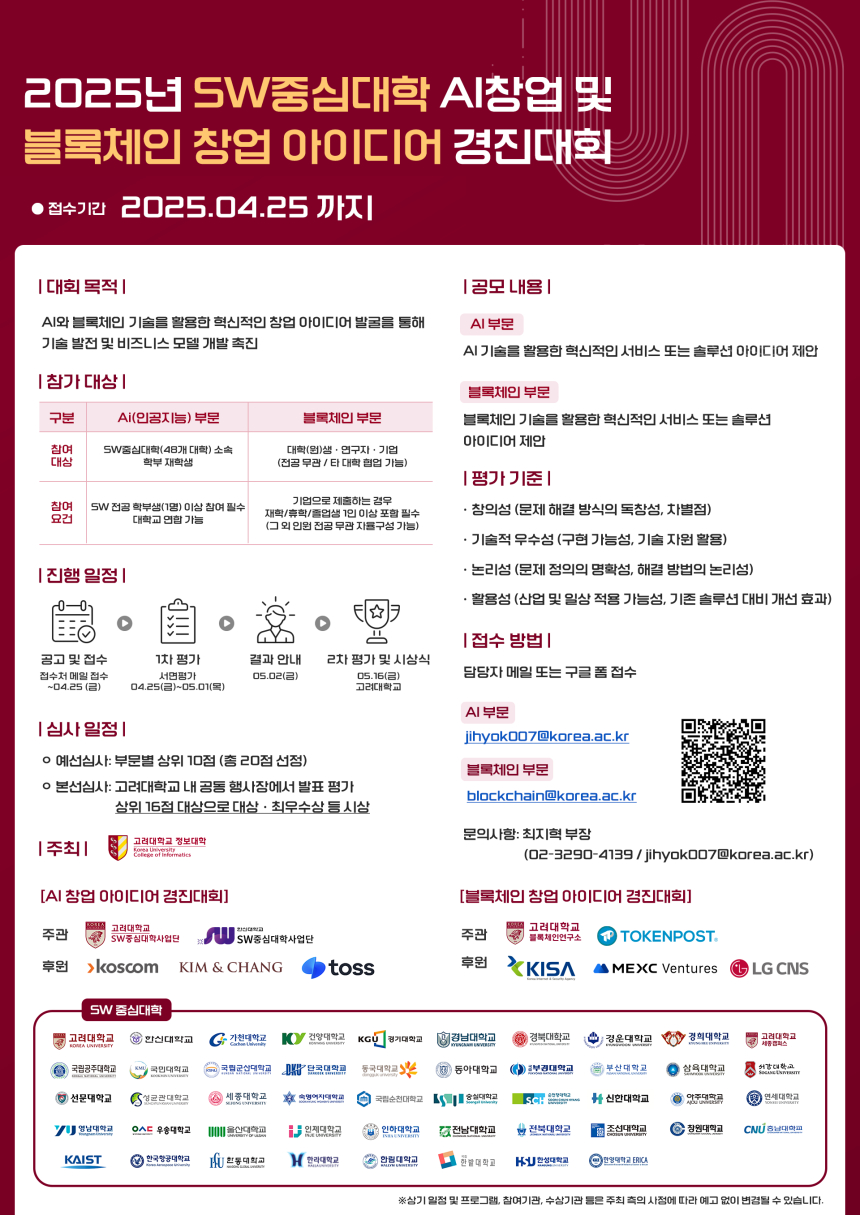








Comment 0